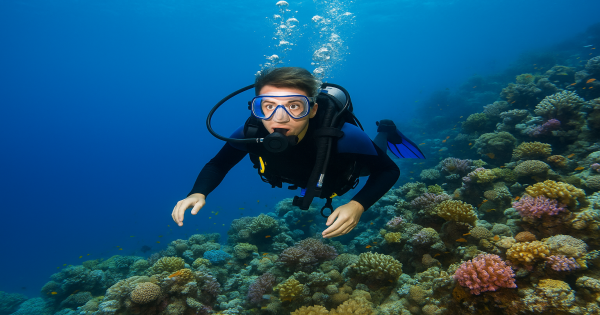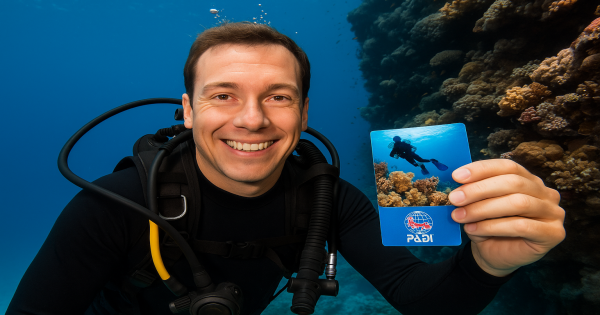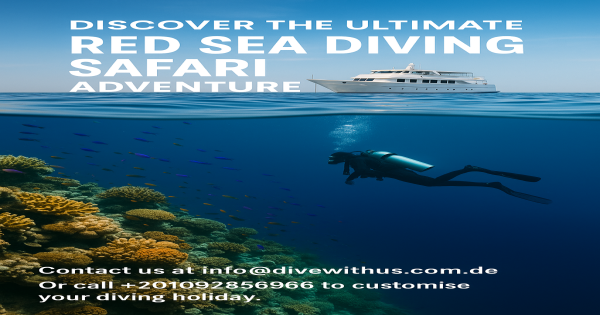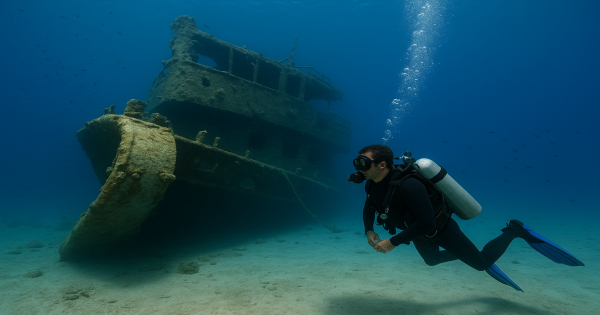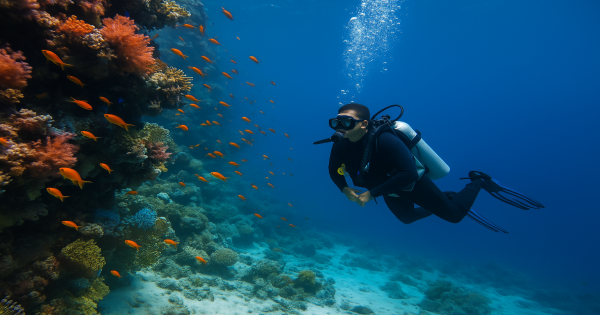Blog Details
differences between open water and advanced open water certification
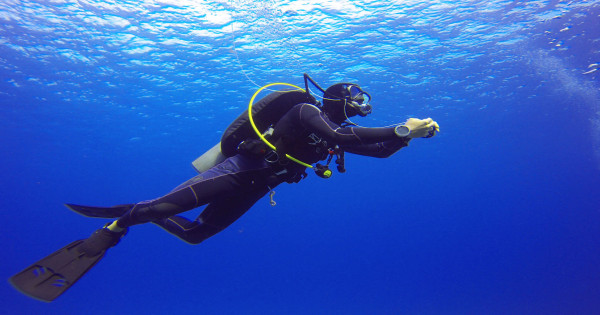
What Is Open Water Certification?
Open Water Certification is the first official step into the world of scuba diving. Offered by training agencies like PADI and SSI, this course teaches you the fundamentals of diving, safety procedures, and how to use essential equipment.
You’ll typically complete:
-
Knowledge development sessions (online or classroom)
-
Confined water dives to learn skills
-
4 open water dives in the ocean or lake
After successful completion, you’re certified to dive up to 18 meters (60 feet) with a buddy.
This certification is ideal for beginners and is your gateway to recreational diving worldwide.
What Is Advanced Open Water Certification?
Advanced Open Water Certification is the next step that builds on your foundational skills. Contrary to what the name might suggest, it doesn’t require you to be an expert—just an Open Water diver.
The course typically includes:
-
5 adventure dives (2 required: Deep and Navigation)
-
Optional dives such as Night, Wreck, Peak Performance Buoyancy, or Underwater Photography
This certification allows you to:
-
Dive up to 30 meters (100 feet)
-
Improve your confidence and skills
-
Explore more challenging dive sites
📧 Contact us at [email protected]
📞 Or call +201092856966 to customise your diving holiday.
Differences in Depth Limits
One of the most obvious differences between Open Water and Advanced Open Water certification is the depth limitation. With Open Water, you’re certified to dive up to 18 meters. That’s enough for stunning reef dives and marine life exploration, but you’ll miss out on shipwrecks, deep wall dives, and more challenging sites.
Advanced Open Water pushes the limit to 30 meters, unlocking access to a broader range of dive spots and marine experiences.
This is a crucial consideration for travelers heading to destinations known for deep dive sites, such as the Red Sea.
Skill Development and Confidence
Open Water Certification focuses on basic scuba skills: buoyancy, mask clearing, emergency ascents, and underwater communication.
In contrast, Advanced Open Water Certification sharpens your abilities under different scenarios, such as:
-
Navigating with a compass
-
Controlling buoyancy in drift conditions
-
Communicating in limited visibility
The differences between Open Water and Advanced Open Water certification are not just academic—they have a profound impact on your comfort and control underwater.
Where You Can Dive
Not all dive sites are open to Open Water divers. Some locations, especially deeper or more technical ones, require Advanced certification for safety reasons. These may include:
-
Deep wrecks
-
Advanced reef systems
-
Caves or drift dives
With Advanced Open Water certification, you’ll find that more dive sites become accessible, and dive shops are more likely to approve you for trips that go beyond beginner level.
Should You Upgrade?
If you’ve already earned your Open Water Certification and want to go beyond the basics, upgrading is a no-brainer. The differences between Open Water and Advanced Open Water certification include not just technical skills but also the freedom to explore richer marine environments.
Ask yourself:
-
Do you want to dive deeper?
-
Are you planning a trip with advanced dive sites?
-
Do you want to gain more confidence underwater?
If the answer is yes to any of these, it’s time to take the plunge into the Advanced course.
📧 Contact us at [email protected]
📞 Or call +201092856966 to customise your diving holiday.
Conclusion
In summary, the differences between Open Water and Advanced Open Water certification are all about depth, confidence, and access. Open Water opens the door to diving, but Advanced Open Water gives you the key to truly explore what lies beneath.
Whether you’re dreaming of night dives, wrecks, or deep walls teeming with life, upgrading your skills will transform your dive experience.
Ready to elevate your dive adventures? Don’t just stay at the surface—go deeper with confidence and curiosity.
